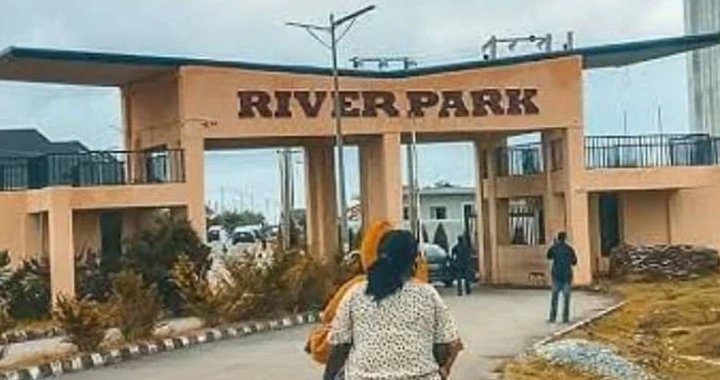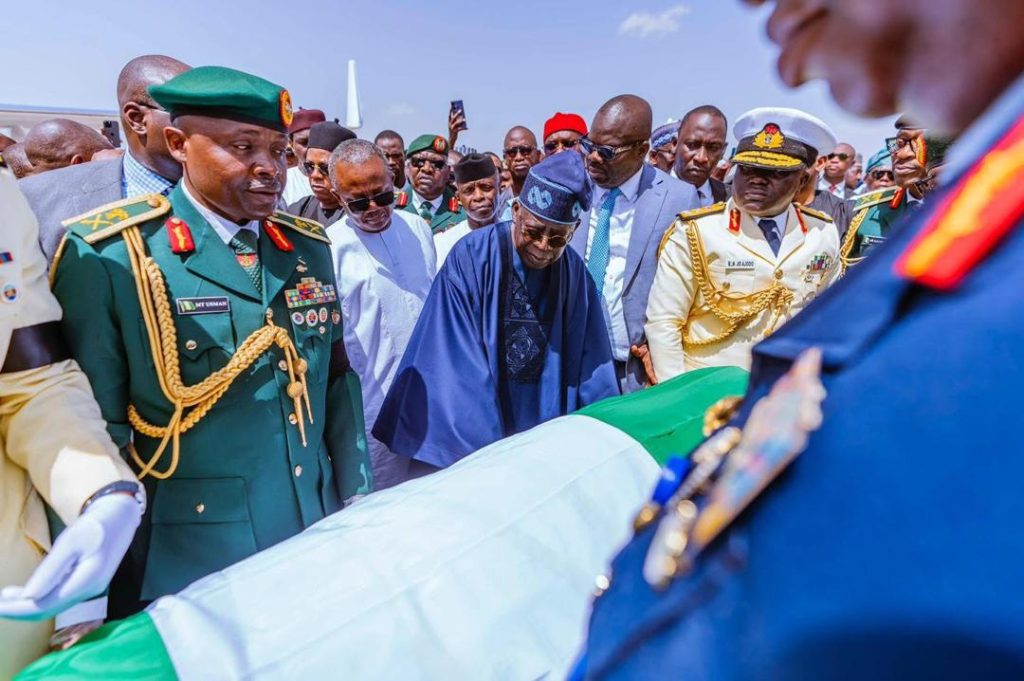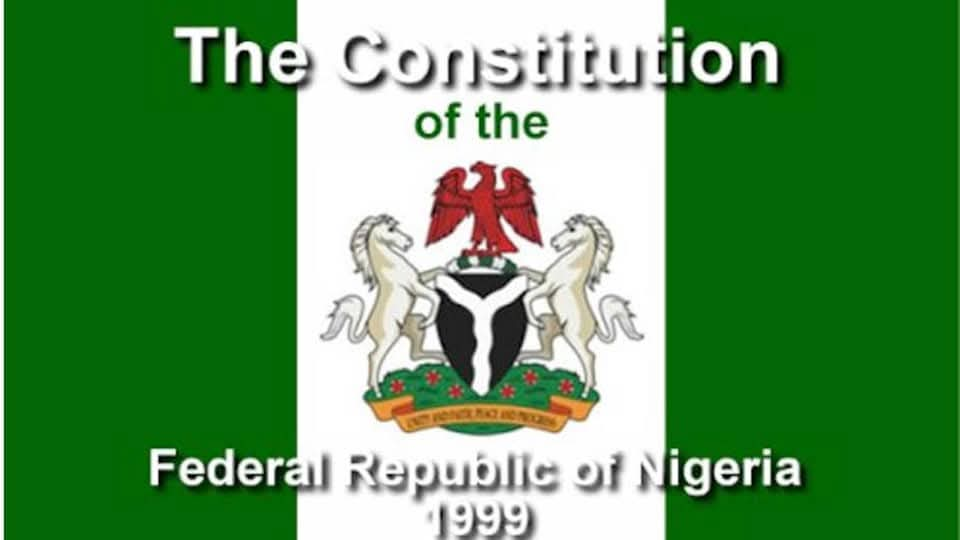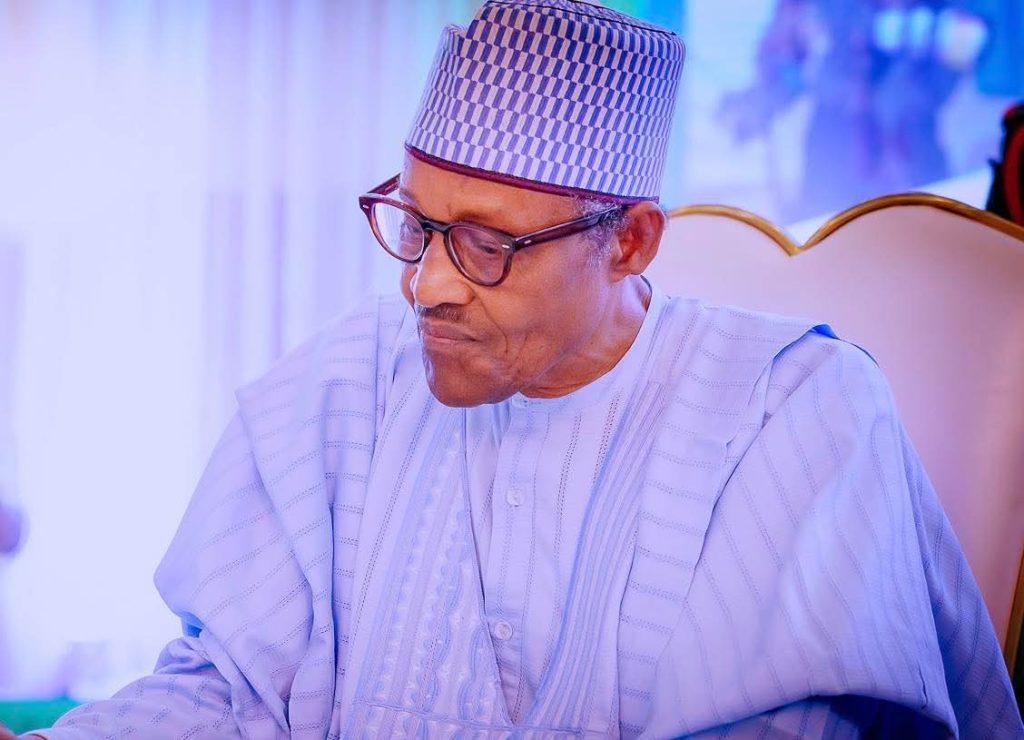Africa
Chad holds first parliamentary election in 13 years

Polls have closed in Chad’s first parliamentary election in 13 years.
This time there is a push towards ending a military rule.
The voting ended at 6:00pm local time on Sunday. Provisional results are expected by January 15 and final results by January 31.
The main opposition is boycotting Sunday’s vote after accusing authorities of not overseeing a credible electoral process.
The oil-exporting country of 18 million people, among Africa’s poorest, had not had a free and fair transfer of power since it became independent from France in 1960.
At least 8 million voters are registered to elect 188 legislators in the new National Assembly.
The election comes at a critical time for Chad, which is battling several security challenges from Boko Haram and the break in decades long military ties with France, its key ally.
Why were there no parliamentary elections in more than a decade?
Parliamentary elections were last held in 2011.
Although the term for the legislators was meant to end in 2015, the government indefinitely postponed polls, claiming there were no funds to organise elections.
Although the landlocked country is an oil producer, it ranks fourth from the bottom in the United Nations Human Development Index due to years of stagnant economic activity and harsh climate conditions.
Despite a clamour by opposition members to hold the elections promptly, former President Deby continued to postpone them.
In 2019, the newly established National Independent Electoral Commission (CENI) finally promised to hold elections in 2020.
However, the COVID-19 pandemic disrupted those plans.
Following his father’s death at the hands of rebels in May 2021, General Mahamat Idriss Deby, 40, seized power, despite loud calls for elections from opposition parties.
The military disbanded parliament and put a one-year Transitional Military Council in place, headed by Deby.
In October 2022, the leader disappointed many Chadians when he extended the transition period to 2024.
Thousands, especially youth, took to the streets in protest, but security forces opened fire on them, killing more than 100 people.
Succes Masra, the young leader of the opposition Transformers Party, was at the forefront of the protests. Masra fled to the United States following the killings.
For Diaspora Digital Media Updates click on Whatsapp, or Telegram. For eyewitness accounts/ reports/ articles, write to: citizenreports@diasporadigitalmedia.com. Follow us on X (Fomerly Twitter) or Facebook











